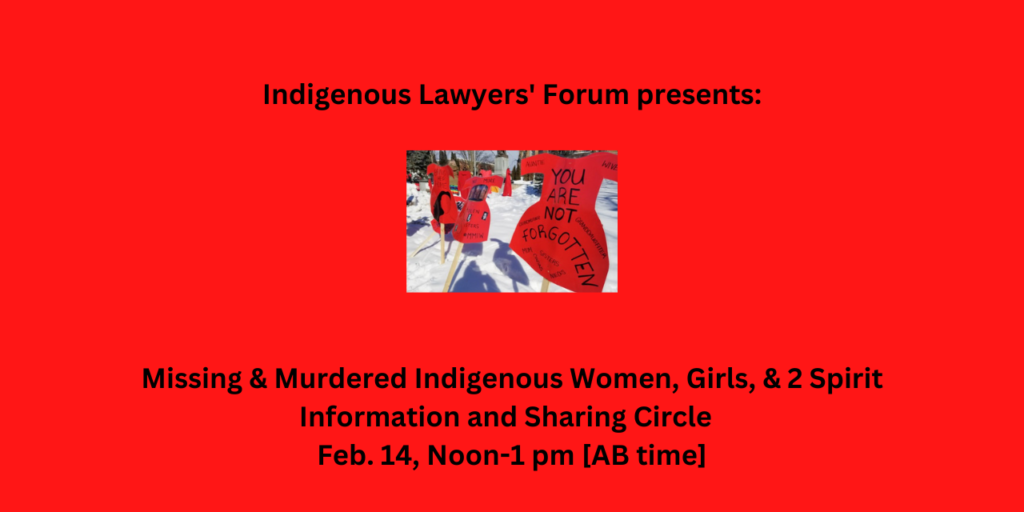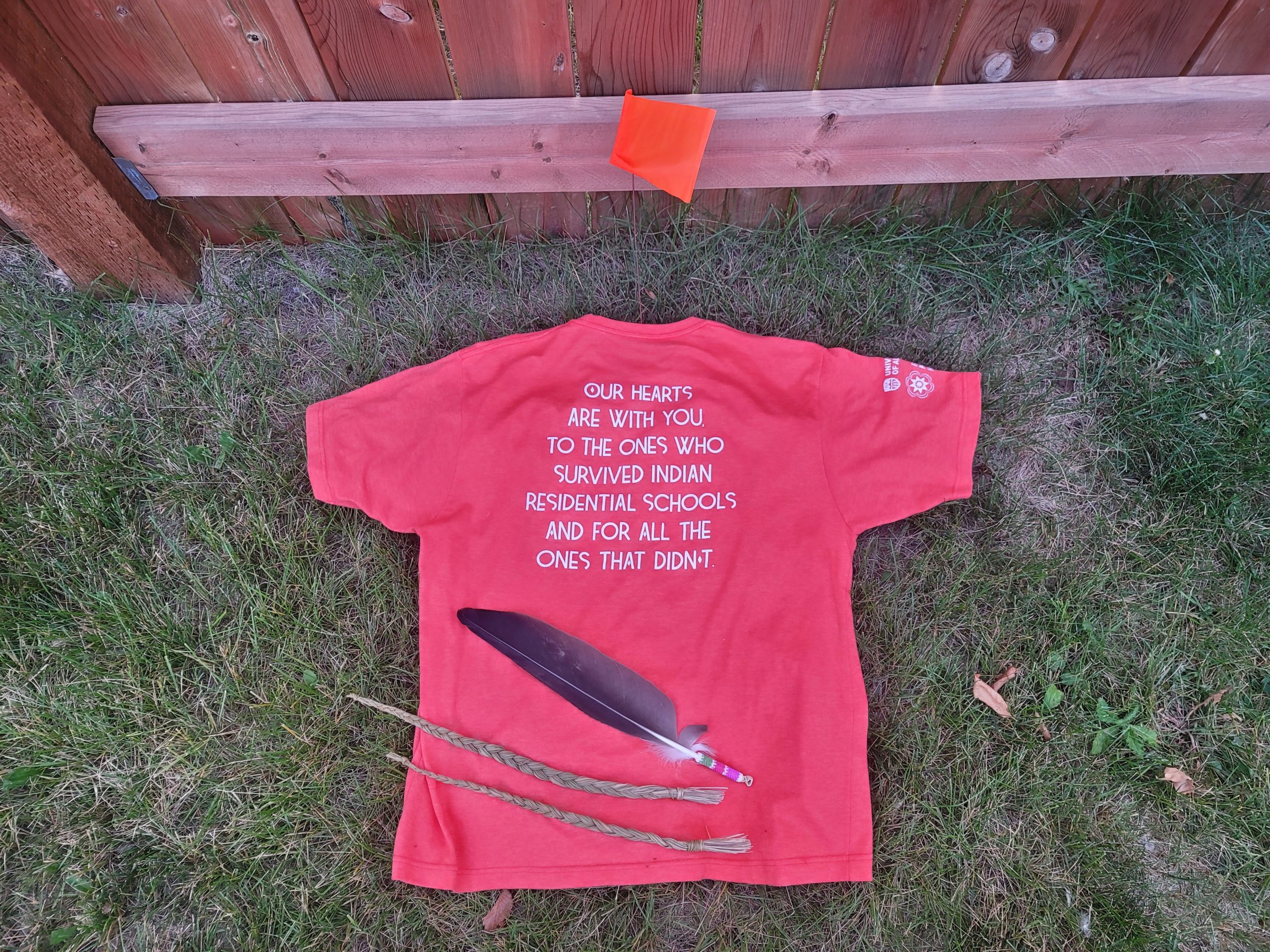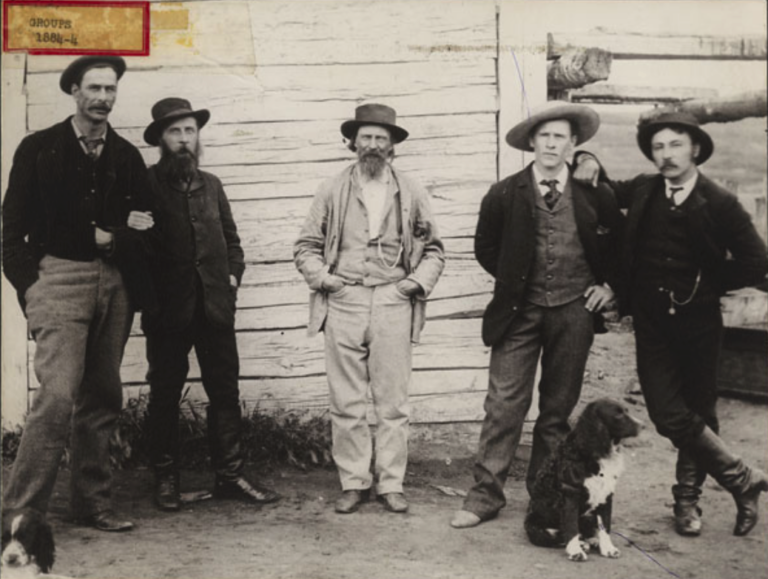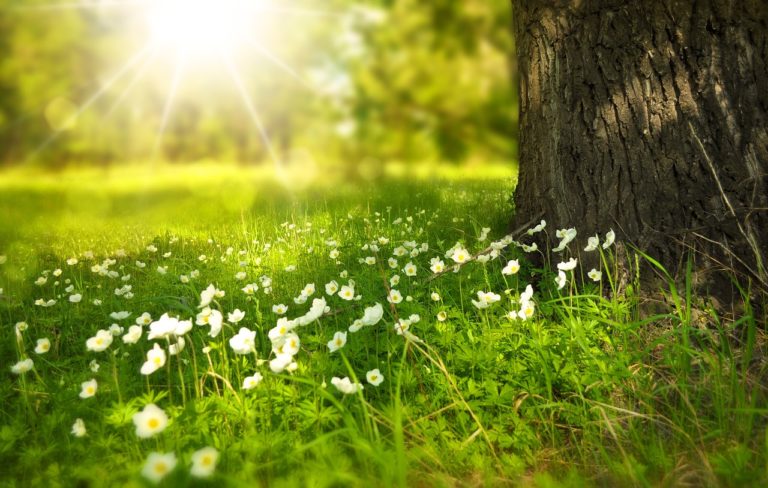Feb. 14 is the Annual Memorial March for MMIWG2S: Here are Five Things you can do as a lawyer
Feb. 14 is the annual Memorial March for the MMIWG2S across Turtle Island. This is a reminder to lawyers that the final report of the National Inquiry into MMIWG2S includes 231 Calls for Justice, which outline the steps needed to address the crisis of violence against Indigenous women, girls, and 2SLGBTQQIA+ people. To effectively address this crisis, it is essential to take a comprehensive and multi-faceted approach that involves listening to the needs and perspectives of Indigenous women, girls and 2 Spirit communities, clients, and listening to your female Indigenous lawyer colleagues while we all work together to address the root causes of violence, barriers, and access to justice issues. This blog will explore the MMIWG2S National Action Plan, the UNDRIP Act, and actions lawyers can take in addressing the Calls for Justice related to the MMIWG2S.
One of the most critical Calls for Justice related to the MMIWG2S is the development of a National Action Plan to Address Violence Against Indigenous Women, Girls, and 2SLGBTQQIA+ People. This coordinated National Action Plan involves federal, provincial, and territorial governments working together with Indigenous organizations and communities to address the crisis of violence. Although the plan was due to be developed by June 2021, it has not yet been fully developed or implemented. The development of the National Action Plan is seen as a critical step in implementing the recommendations of the MMIWG2S Calls for Justice. More developments will be announced by Canada on June 21, 2023. We are waiting to see how the province of Alberta responds.
As you know the United Nations Declaration on the Rights of Indigenous Peoples (UNDRIP) is a non-binding international instrument that sets out the individual and collective rights of Indigenous peoples, as well as the standards for their well-being and survival. UNDRIP was adopted by the United Nations General Assembly in 2007 and is seen as a key international instrument in the promotion of Indigenous rights and self-determination.
The Government of Canada officially removed its permanent objector status to UNDRIP in 2010 and endorsed the declaration in 2016, but it was not until 2018 that the United Nations Declaration on the Rights of Indigenous Peoples Act (UNDRIP Act) was introduced in Parliament. The UNDRIP Act was passed into law in June 2021 and requires the federal government to work with Indigenous peoples to develop an action plan to implement the provisions of UNDRIP.
The UNDRIP Act also requires the federal government to ensure that all federal laws are consistent with the principles of UNDRIP, and to report annually on its progress towards implementing the declaration. The act also provides a framework for recognizing and implementing Indigenous rights in Canada and for advancing reconciliation with Indigenous peoples. While all rights espoused in UNDRIP apply to women, there are specific articles within UNDRIP which recognize the rights of women. That there are specific provisions pertaining to Indigenous women’s rights is significant because Indigenous women experience compounded effects of discrimination. Moreover, Indigenous women are often discriminated against within their own groups, and are prevented from participating in decisions affecting them.
Despite actions such as legislating An Act respecting First Nation, Inuit and Metis children and families, and implementing programs, policies and funding such as Jordan’s Principle, there continues to be inequities and discrimination for Indigenous children and families.
Poverty, racism and systemic discrimination are continuing root causal factors impacting the high rates of MMIWG2S. Alberta has been reported to have one of the highest rates of sexual violence in Canada, and the second highest rate of self-reported spousal violence. Research has also determined that Indigenous women are nearly three times more likely than non-Indigenous women to be a victim of a violent crime. There is also clear evidence that perpetrators often seek out Indigenous women as targets for attacks.
Here are five examples of what lawyers can do to implement the Calls for Justice related to the Murdered and Missing Indigenous Women, Girls, and 2SLGBTQQIA+ people and the UNDRIP Act:
- Advocate for the implementation of the MMIWG2S Calls for Justice and the UNDRIP Act: Lawyers can use their legal knowledge and expertise to advocate for the implementation of the 231 Calls for Justice related to the MMIWG2S and the UNDRIP Act. This can involve working with Indigenous organizations, community groups, and other stakeholders to develop strategies for advocating for the recommendations and holding governments and other institutions accountable for their implementation. One means of addressing such discrimination is a review of provincial Legal Aid systems and a complete review of the criminal justice system and support and launch a national strategy to address over-incarceration of Indigenous women.
- Provide legal support for Indigenous communities: Lawyers can provide legal support and advice to Indigenous communities (including knowing the unique differences between living on-reserve, living on-settlement, living in urban settings, or being homeless and “living” on the streets) including supporting Indigenous women, girl and 2 Spirit clients in navigating the justice system and accessing relevant and reliable services. This can include pro bono work or partnering with Indigenous organizations like the Institute for the Advancement of Aboriginal Women (IAAW) to provide legal services and timely support.
- Address systemic racism and discrimination in the legal system: Lawyers can work to address systemic racism and discrimination within the legal system and ensure that Indigenous women, girls and 2 Spirit people have appropriate access to justice. This can involve challenging biased laws and policies, providing more cultural-humility training for your own professional development and your staff, visiting the Calgary Indigenous Court, the Edmonton Indigenous Court, Drug Court, Siksika Court, or Mental Health Court to understand what trauma-informed practises look like in “real time”, as well as working tirelessly to build relationships of respect, reciprocity and relationality with your Indigenous female lawyer colleagues through attending learning events and showing support and interest in the Indigenous Lawyers’ Forum which is a group of seven Indigenous matriarch lawyers who provide support and networking to all Indigenous lawyers, articling students, graduates and Indigenous law students across Turtle Island.
- Support the recognition and implementation of Indigenous laws and legal traditions: Lawyers can work with Indigenous communities to support the recognition and implementation of Indigenous laws and legal traditions. This can involve providing legal advice and support in the development of laws and legal systems that reflect Indigenous perspectives and values. The Wahkohtowin Law and Governance Lodge at the University of Alberta is one of the leads in this area and I encourage you to form a relationship with them, attend their events, and support them.
- Work towards reconciliation: Lawyers can play a key role in supporting reconciliation efforts in Canada. This can involve working with law schools and other stakeholders to develop strategies and policies that promote Indigenous laws and to create space for Indigenous lawyers in your organizations and firms and build emotional intelligence and capacity at your firm so Indigenous lawyers not only survive but thrive. It also involves ongoing engagement in education and outreach initiatives to promote awareness and understanding for yourself as a partner or leader of the firm or organization because right now, you are doing it wrong.
- Clare’s Law and the MMIWG2S: Clare’s Law is a domestic violence disclosure scheme that allows individuals to inquire about the past violent behavior of their intimate partners. While it is not directly related to the MMIWG2S in Canada, it is part of a broader conversation about violence against women and the need to address systemic inequalities and support survivors, and you can help get the word. The MMIWG2S Calls for Justice include several recommendations related to domestic violence, including the need for improved support services, better training for service providers, and greater awareness and understanding of the impacts of domestic violence on Indigenous women, girls and 2 Spirit people (with more to be addressed later on this by family lawyer-allies and Indigenous lawyers).
The recommendations outlined in the Calls for Justice related to the MMIWG2S necessitate a comprehensive and multi-faceted approach that acknowledges the needs and perspectives of Indigenous women, girls, and 2 Spirit people residing on-reserve, on-settlement, cities, and beyond, while addressing the underlying causes of violence, barriers, and access to justice issues. A few examples of the tools available for lawyers to respond to this ongoing crisis of violence against Indigenous women, girls, and 2SLGBTQQIA+ people include implementing the Calls for Justice and the UNDRIP Act for their clients and knowing what support services like IAAW can offer (in Edmonton); or alternatively, what Calgary Legal Guidance (CLG) can offer in Calgary, watching trauma-informed lawyering in Specialty Courts, educating yourself more through Indigenous laws and events through the Wahkohtowin Law and Governance Lodge, and forming good relationships with Indigenous matriarch lawyer-colleagues through the Indigenous Lawyers’ Forum. By working collaboratively to implement these tools and recommendations, we can strive towards promoting justice, healing, and reconciliation within the profession for Indigenous women, girls and 2 Spirit people.

Join the Indigenous Lawyers’ Forum virtually at noon MST today, Feb. 14, 2023 to find out more: https://www.eventbrite.ca/e/indigenous-lawyers-forum-feb-14-mmiwg2s-annual-march-virtual-circle-tickets-512255729677




